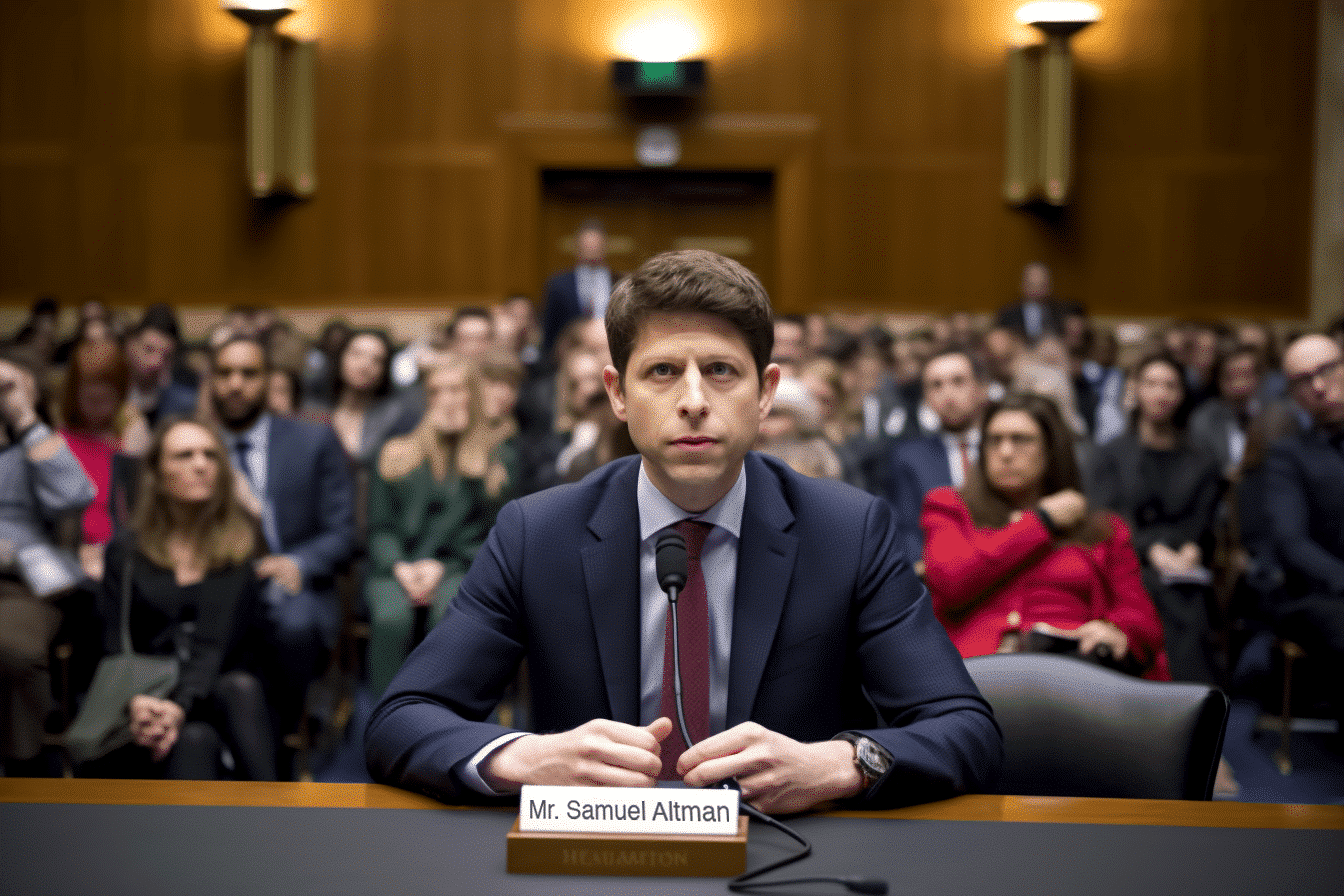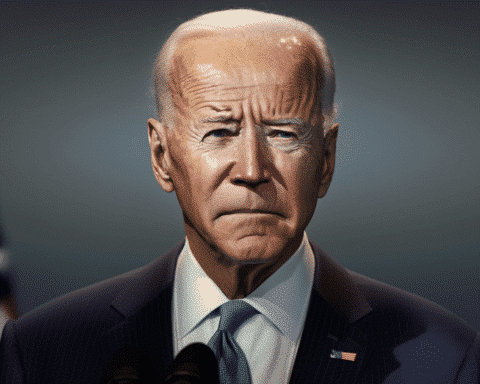In a Senate hearing held on Tuesday, OpenAI CEO Sam Altman testified about the risks associated with increasingly powerful artificial intelligence (AI) systems and stressed the critical need for government intervention. Altman’s appearance before Congress comes as concerns continue to mount regarding the potential negative impacts of AI technology.
During his appearance before the Senate Judiciary Committee’s subcommittee on privacy, technology, and the law, Altman recognized the concerns of the general public regarding the profound impact of AI. He acknowledged that as AI continues to evolve, people harbor apprehensions about its potential to reshape our lives, and he affirmed that their concerns are shared by him and his team.
Expanding Concerns and Government Response
OpenAI’s recent release, ChatGPT, a free chatbot tool capable of providing human-like responses, initially caused concerns among educators who worried about its potential for facilitating cheating on homework assignments. However, these concerns have broadened to encompass more significant apprehensions. The latest generation of “generative AI” tools has raised worries about misinformation dissemination, copyright violations, and job displacement.
Although the development of extensive AI regulations similar to those currently being formulated in Europe is not imminent, the growing societal concerns have spurred actions from various U.S. agencies. Recently, Altman and other tech CEOs were invited to the White House to discuss this issue. Furthermore, U.S. agencies have made commitments to take stringent measures against AI products that pose harm and infringe upon existing civil rights and consumer protection laws.
OpenAI’s Role and Microsoft Collaboration
Founded in 2015, OpenAI has gained prominence for its various AI products, including ChatGPT and the image-maker DALL-E. The company has received substantial investments from Microsoft, totaling billions of dollars.
OpenAI’s technology has been integrated into Microsoft’s products, such as the popular search engine, Bing.
Global Engagement and Expert Testimony
Altman intends to undertake a worldwide tour across six continents to engage with policymakers and the public, discussing AI and its implications. The tour aims to foster a comprehensive understanding of AI and its potential societal impact.
At the hearing, Christina Montgomery, the chief privacy and trust officer of IBM, and Gary Marcus, an AI expert and professor emeritus at New York University, provided their testimony. Marcus was part of a collective of AI experts who called upon OpenAI and other technology companies to temporarily halt the advancement of more potent AI models for a period of six months.
This pause was deemed necessary to allow for additional deliberation on the associated risks. The request arose in response to OpenAI’s introduction of GPT-4, which was promoted as an AI model with even greater capabilities than ChatGPT.
Congressional Action and Industry Perspectives
Senator Josh Hawley, the ranking Republican member from Missouri on the panel, highlighted the profound impact of AI and stressed the importance of congressional comprehension and intervention. He emphasized that artificial intelligence will bring about transformative changes that surpass our current imagination, affecting American elections, employment, and security. This hearing represents an initial stride in establishing the suitable path of action for Congress.
While industry leaders such as Altman express openness to AI oversight, they advocate for precision regulation focused on specific use-cases, rather than regulating the technology itself. IBM’s Montgomery, in her prepared remarks, urges Congress to adopt a “precision regulation” approach, establishing rules governing AI deployment in specific contexts.
As Congress grapples with the challenges and risks posed by AI, the testimony of industry leaders and experts serves as a foundation for informed decision-making and the development of responsible AI governance.




